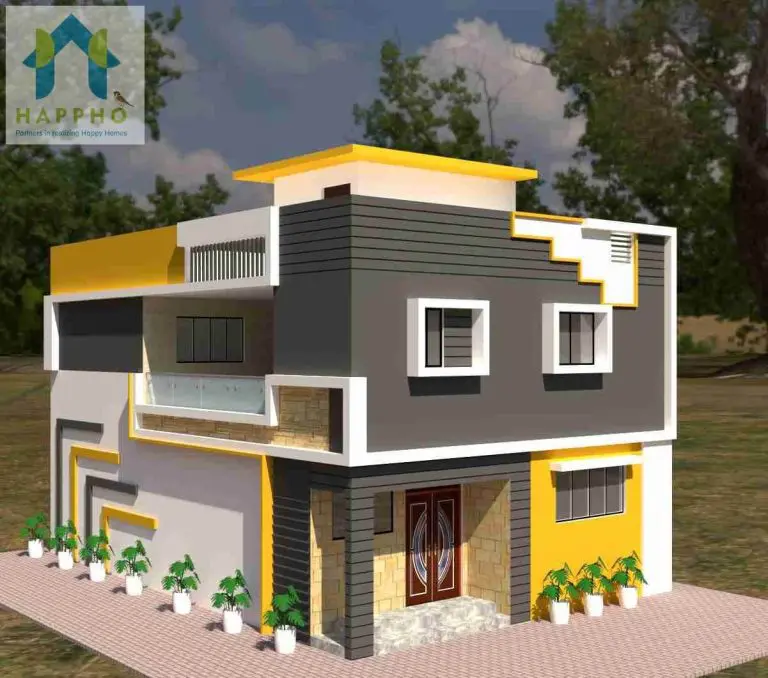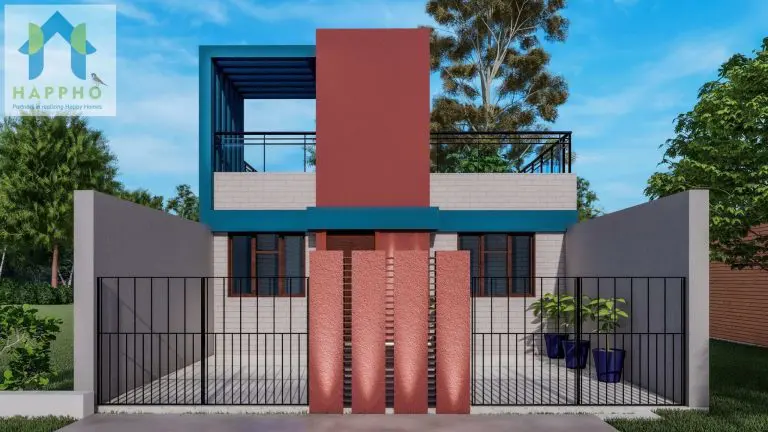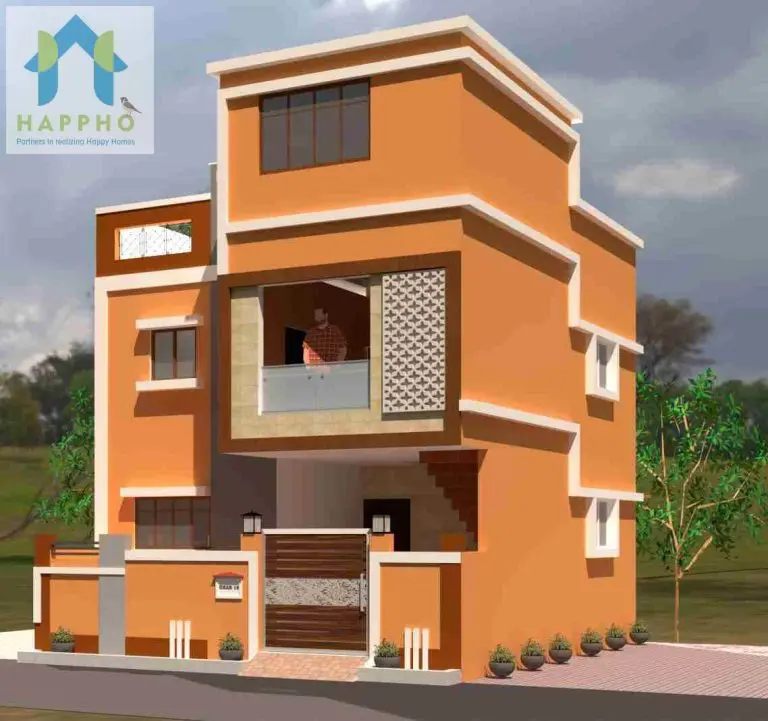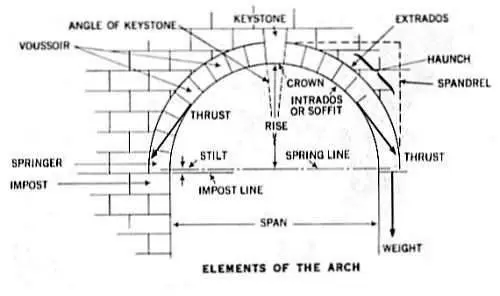A basement is usually a part of a building that is partially or completely below the ground, depending on the number of floors it has. Generally, a basement has one to three floors. In commercial buildings, they are mostly used for parking, and other services such as air handling units, and so on. However, in residences or other private properties, a basement is used as a storage room, or for electrical facilities.

Basements were initially created for storing space for water, wine, and food. Although they seem like a modern convenience, basement designs in the houses were getting popular during the 1950s. Initially, they were the need for people, rather than luxuries. In recent seven decades or so, basements have come a long way. Now, we are able to enjoy the modern-day basement as a versatile space for the entire family to enjoy. Here, are the few pros and cons you need to know before deciding to build a basement for your house.
Pros of having Basement Areas in your house
1. More Spaces
Basements are created by excavating the ground, so by creating a basement over your house, you get a large space for extra activities. There are more ways in which you can fully utilize the space rather than simply using it for storage purposes. A basement is usually a quiet place so it can be used as a hangout place for children. They can study or play to their heart’s content and the adults won’t get disturbed by them.
2. Easy repairs
Basements are a convenient way to provide the utility services such as pipes, electrical wires, breaker panels, fuse boxes, water heaters, and so on. If any of these gets damaged or destroyed, they can be easily repaired by accessing the basement area.
3. Thermal Comfort
A basement allows little to no light to enter. This means that the hot, scorching sunlight in the summers that normally torment you won’t have a way to get inside your basement. This provides energy efficiency to the users.
4. Increase value to property
An extra space means extra money. Just by having a basement in your house, you can generate a minimum of 50-80 % return on your investment. However, this would depend on the quality of the materials, finishes, and size.
Cons of Having Basements in Areas in your house
1. Extra cost
Not only is the construction of a basement is expensive, but buying a house with one is also no picnic. So, depending on your budget, you need to analyze whether or not this extra space is worth the money and if you really need it.
2. Moisture
Basements always have high moisture levels. Since they rarely have any access to the outdoors through windows and doors, the enclosed space can easily become damp and create molds. A healthy person won’t have any issues, but people with lung problems such as asthma patients would have trouble breathing.
3. Flooding Risk
Since the space is underground, there is no way for the water to exit from. In case of storms, the basements are at high of flooding. So, careful analysis regarding the moisture issues of the basement must be done while constructing or buying a house with one.
4. Attract Pests
The dark and damp basement is an open invitation to pests such as termites. It is inevitable for a basement to not attract any. So, the only way would be to adopt preventive measures and disinfect the place at regular intervals of time.
Cost vs benefit analysis of having a basement
The cost of basements and their viability for construction will be determined by several factors including, land value, excavation costs, type of waterproofing system, and so on. The groundwork related to the basement construction can sum up to between 18 to 44 % of the total construction cost. This depends mostly on the size of the basement. The number seems very large, but there are certain ways that cost can be reduced, such as retention of excavated soil on-site for landscaping, or adoption of an empty shell specification leading to a reduction in fitting-out costs.
While basement construction can cost a lot, it also adds more value to your property. Not to mention that by renting out the place, you can get back the amount spent on construction within an average of five years by rent. Thus, a finished basement may or may not be worth the investment depending on the local market and your clients.
Lastly, basements can the best and the worst places in your house depending on your use and how you maintain them. By keeping both the pros and cons in mind, you can build or buy a house based on your family’s requirements. One important thing to remember before constructing basements is to hire suitable professionals who are well-qualified in the area. They may charge more than normal laborers but they will get the job done and won’t make mistakes like newcomers.





